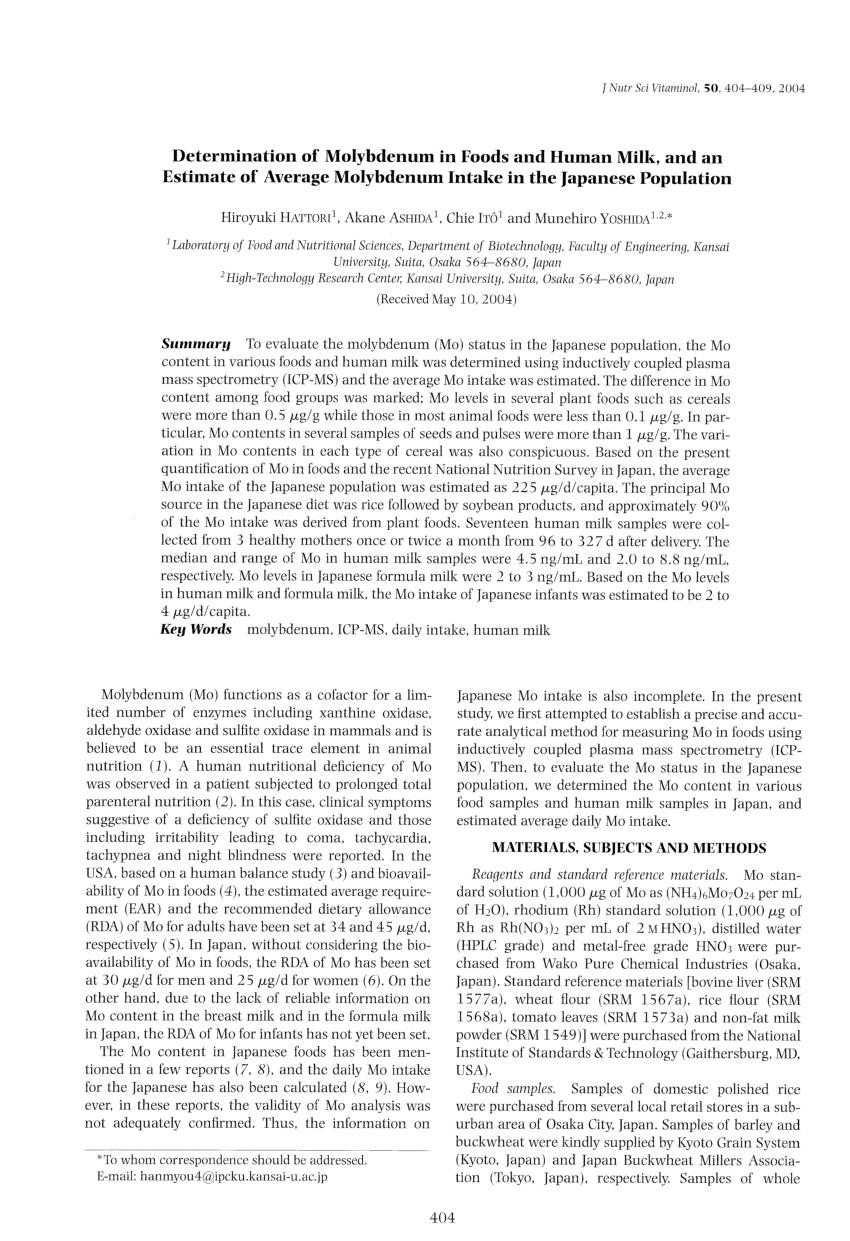Ismail
Member
- Joined
- Apr 18, 2020
- Messages
- 714
There's also places I like to travel where it's difficult to get milk so wouldn't want to totally rely on it either, even though I may never be able to travel ever again!
We’ve just been told that there’s a £5000 fine if we travel abroad for a holiday at the moment (UK).



